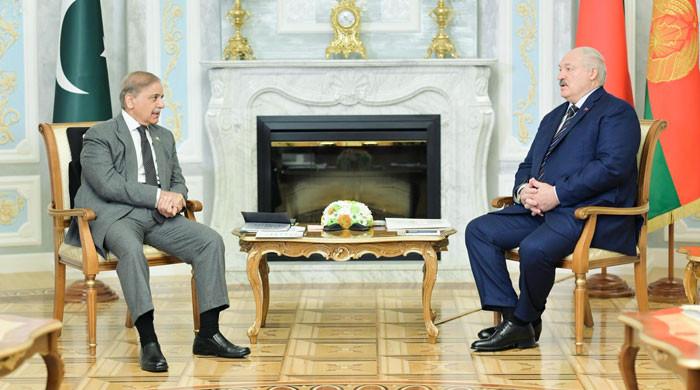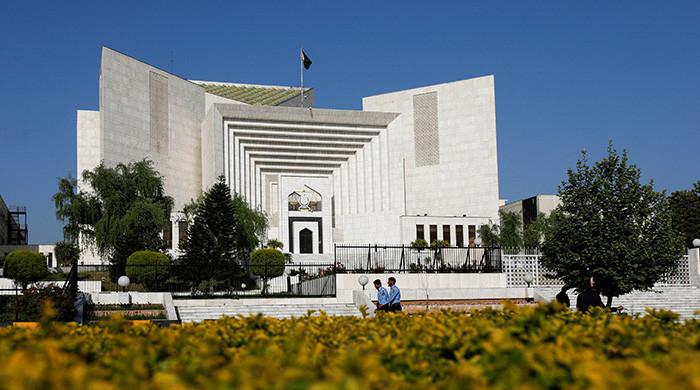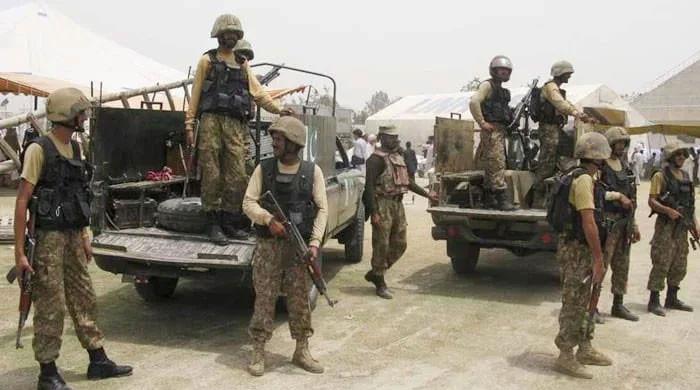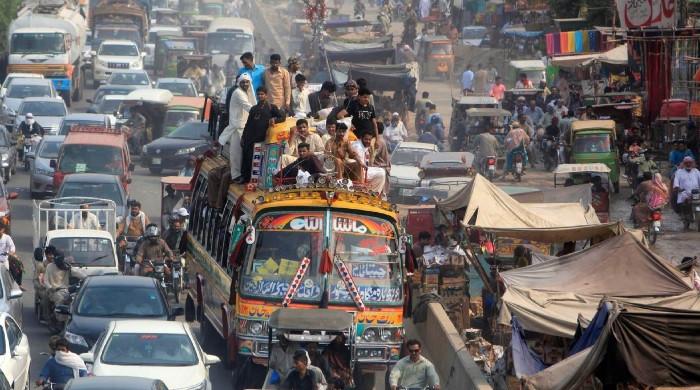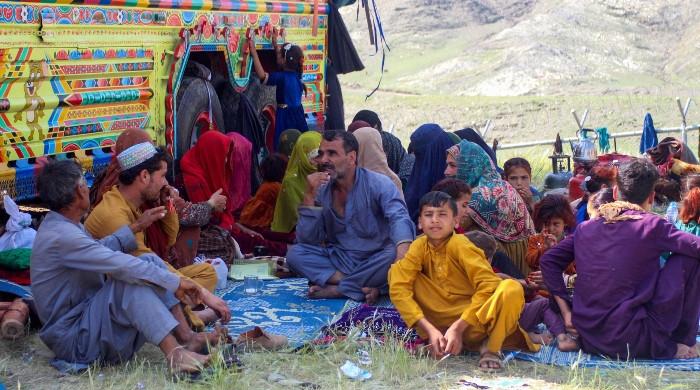Terror attacks in Pakistan down 58%: NACTA
2017 witnessed 681 terror incidents — the lowest ratio since 2006
January 06, 2018
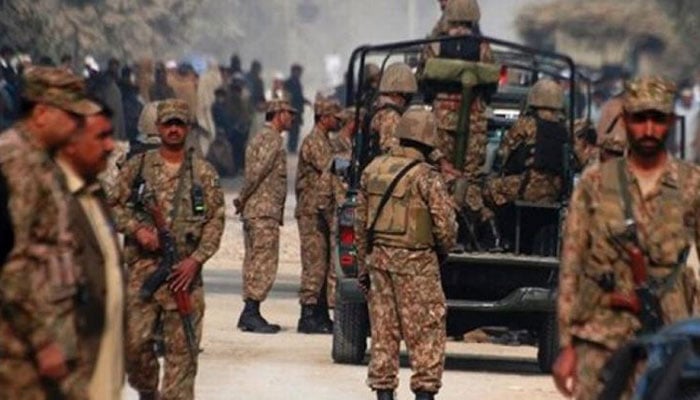
It is official now: Pakistan witnessed a significant decline in terrorist attacks, according to a report prepared by the country’s top counter-terrorism body and published on Friday.
The National Counter Terrorism Authority (NACTA) said the number of terrorist-related incidents dropped 58% from 2,060 in 2010 to 681 attacks in 2017.
The 40-page report — which comes as a compendium of the context of the National Action Plan (NAP) and actions implemented under its auspices over the past three years — provides a detailed analysis of the way forward for Pakistani policymakers.
Since March 2015, Pakistan has executed 483 persons under the Anti-Terrorism Act (ATA) 1997 and Pakistan Penal Code (PPC), whereas at least 382 cases were sent to 11 military courts.
More than 200,000 combing operations were carried out throughout the country, approximately four million persons stopped and questioned, 6,998 terrorists arrested, and nearly 2,500 terrorists killed.
In a crackdown against hate material and speech, security forces arrested 19, 530 persons across the country.
Terror financing, frozen bank accounts
Over 18,790 cases were registered over misuse of loudspeakers and alongside 479 pieces of equipment.
In total, Rs1.5 billion was recovered under campaigns targeting money laundering and terror financing.
A total of 919 cases were registered for hawala hundi [illegal money transfer], with 1,209 persons taken into custody.
A total of 426 cases were registered against 574 persons under anti-money laundering laws.
Pakistan issued a list of 65 proscribed organisations, placing four of them under observation. A total of 8,374 individuals are under Schedule IV of the ATA, 5,089 bank accounts were frozen by the State Bank of Pakistan (SBP) — where an amount of over Rs157 million was withheld.
Over 2,052 individuals are facing movement restrictions, the report stated further.
New measures, continuing improvement
More than 6,027 special security personnel were trained for new counterterrorism forces, the report revealed, adding that geo-mapping of around 22,000 religious seminaries was about to be completed.
However, it revealed little about any productive achievement to regulate the religious seminaries in Pakistan.
In order to filter social media websites and enable vigilance against cybercrimes, Pakistan Telecommunication Authority (PTA) blocked at least 1,447 URLs that were allegedly hosted by extremists inside the country.
Under the NAP, Punjab took the lead, as its counterterrorism force entered 68,957 terrorists into the digital databank of police, arrested leaders of various proscribed organisations, detained 897 terrorists, and hanged 400 condemned prisoners.
About the law and order situation in Karachi — Pakistan’s industrial hub — the report revealed that over 9,322 people were killed from 2008 to 2013, whereas traders were forced to pay Rs80-100 million per day to extortionists.
Since the NAP commenced, the port city has witnessed a hefty drop of 97% in target killings, 87% decline in murder rate, 52% decrease in robberies, 62% fall in kidnapping for ransom, and 82% plunge in extortion.
In the context of Balochistan, the report said more than 2,000 suspected separatists have surrendered to the security forces. Over 13,200 Baloch youth were inducted in government service, while another 580 completed their training in the past three years.
Importance of report
The NACTA report offers a foundation to international counterterrorism authorities in the form of an inimitable policy-and-implementation study to deal with terrorism, extremism, and intolerance.
It pointed out many issues that were linked to hate material and de-radicalisation, something that could not be seriously touched by the authorities.
However, it was noteworthy that the report showed very less progress of NAP in the troubled province of Balochistan.





